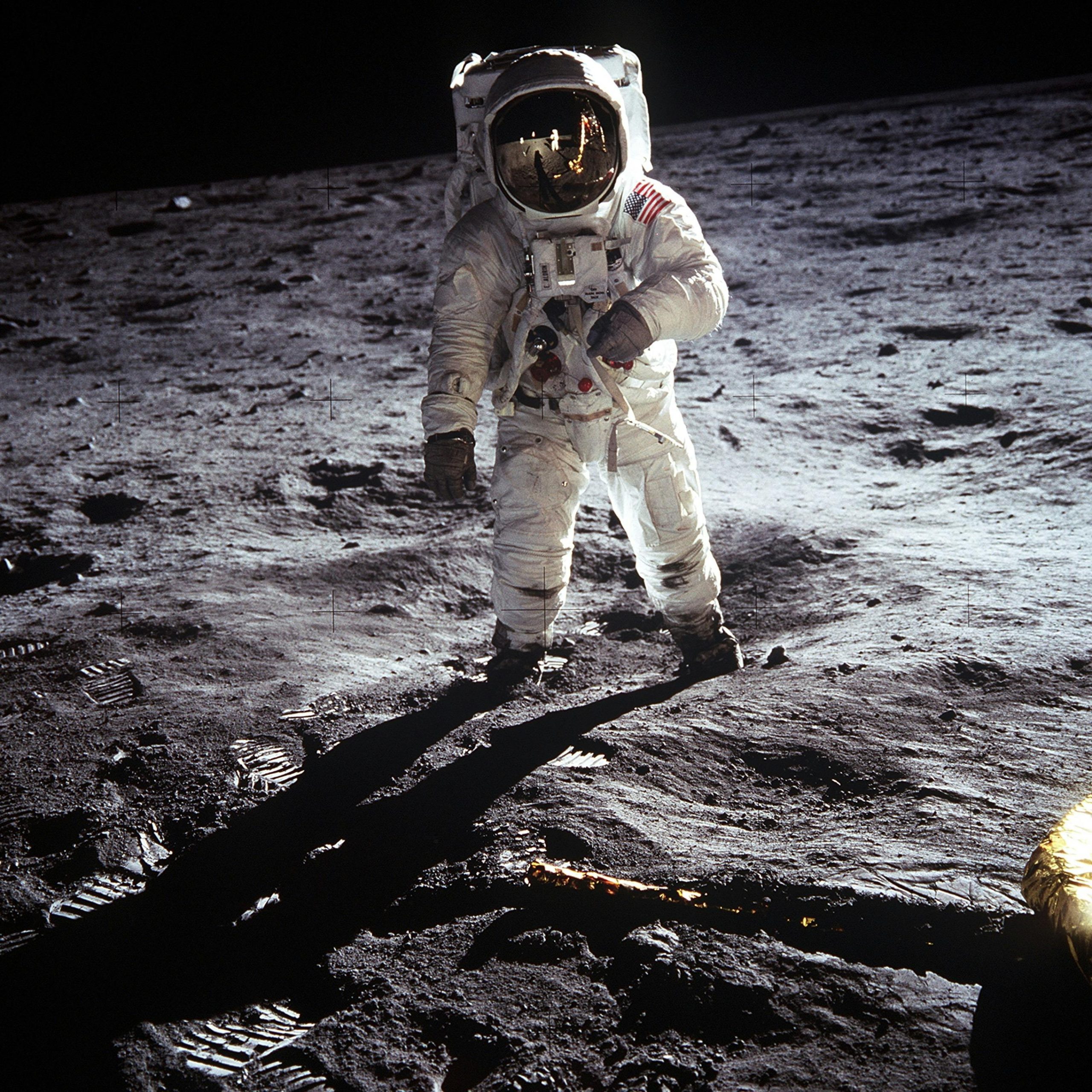If humans had the ability to trade memories with each other, it would fundamentally transform many aspects of society, from personal relationships to education and even to legal systems. Memory trading could lead to profound sociocultural changes and present unprecedented ethical dilemmas.
Firstly, on a personal level, sharing memories could deepen relationships, allowing people to truly understand each other’s experiences, emotions, and perspectives. This could foster empathy and connection by allowing individuals to experience life from someone else’s point of view. However, it could also lead to privacy invasions or the commodification of intimate experiences, possibly reducing memories to mere tradeable assets.
In terms of education, learning could be revolutionized. Instead of studying to learn historical events or complex skills, individuals could acquire memories containing the knowledge and expertise of others, effectively downloading information directly into their minds. This could drastically reduce the time needed for education and training, but could also lead to questions about authenticity and the value of personally attained knowledge.
Professionally, memory trading might disrupt the job market, as accessing the experiences of qualified experts could accelerate one’s career progression. It might even challenge the concept of expertise itself if everyone could easily acquire specialized skills without the corresponding experience of practice.
Economically, a market for memories could emerge, with memories becoming valuable commodities. This might exacerbate societal inequalities, with wealthier individuals potentially acquiring more beneficial or desirable memories. The authenticity and quality of memories would become indicators of value, likely leading to regulation challenges.
Moreover, on a legal and ethical front, trading memories introduces questions about consent, mental health, and identity. Authentication of consent for memory sharing would be critical to prevent abuse, such as unauthorized trading or the theft of memories. The psychological impact on individuals who acquire traumatic or distressing memories is another concern, necessitating mental health safeguards. Additionally, ownership and rights over memories might need to be clearly defined to prevent exploitation or unwarranted manipulation.
In summary, while trading memories like Pokémon cards could enable deeper understanding and rapid knowledge acquisition, it would also prompt complex ethical concerns and societal shifts requiring careful consideration and robust frameworks to manage the implications responsibly.


